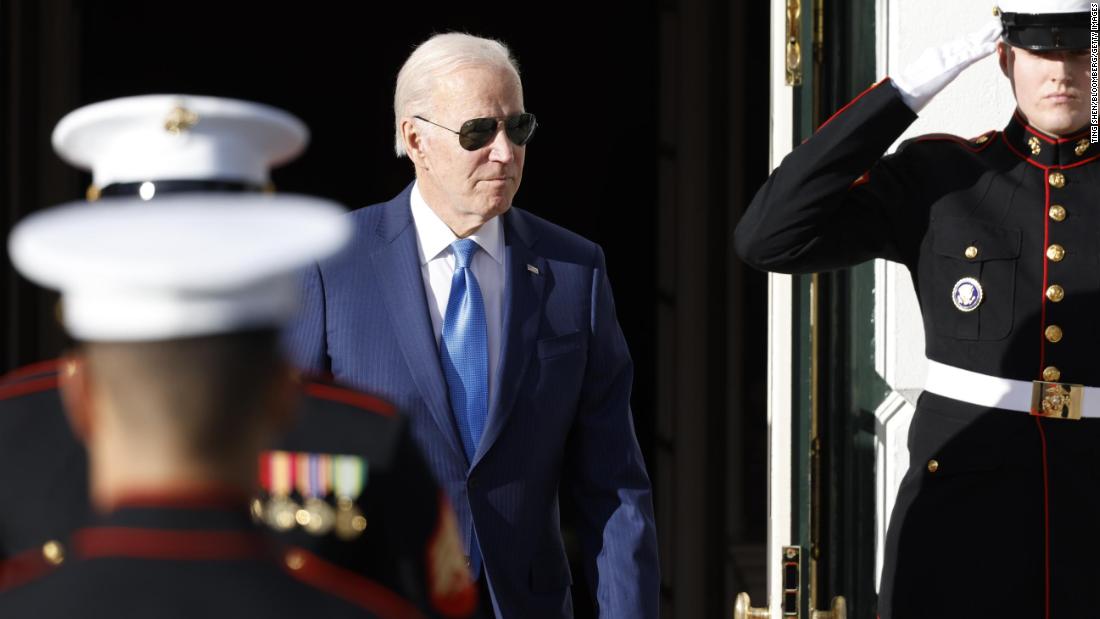Canada, U.S. Pledge Collaboration Against Cybercrime, ‘Violent Extremism’
At a Washington, DC meeting this week, the top justice and security officials of both countries agreed to protect the ‘cyber hygiene’ of the North American continent against potential cybersabotage fueled by the Ukraine war.


photo by antifixus2 via Flickr
Canada and the U.S. have agreed to crack down on cross-border human trafficking and shore up critical infrastructure to protect against cybersabotage, including against threats posed by Russian hackers since the invasion of Ukraine.
In a meeting between Attorney General Merrick Garland and Homeland Security Chief Alejandro N. Mayorkas and their Canadian counterparts earlier this week in Washington D.C., the two nations pledged to put the “cyber hygiene” of the North American continent at the top of their agendas.
“We have agreed to promote the adoption of best practices on cyber hygiene to help defend against these threats as well as provide stakeholders with the tools needed to effectively and rapidly report cyber incidents,” an official statement following the meeting said.
“We are working vigilantly to protect the cybersecurity of our critical infrastructure sectors given Russia’s further invasion of Ukraine.”
They agreed as well to cooperate, along with other G7 nations, on identifying and freezing assets of “sanctioned Russian individuals and entities.” Russian oligarchs, backed in some instances by Moscow-based crime cartels, established a foothold in Canada after the fall of the Soviet Union.
Both countries are uniquely vulnerable to cyber threats because of their deep integration in energy grids and supply chains that link auto assembly plants. During the previous administration of President Donald Trump however, disputes over trade and other issues paralyzed cross-border cooperation.
The Washington meeting reestablished the “Cross-Border Crime Forum,” which had for decades driven close cooperation between law enforcement and security agencies on both sides of the border.
The leaders also tacitly acknowledged the disruption caused by last month’s occupation of Ottawa, Canada’s capital, by truckers protesting vaccine mandates. The protests paralyzed the automobile industry, which depends on “real-time” supply lines of parts between Canada and the U.S., and threatened to put thousands of individuals in both countries out of work.
The protests were taken up by right-wing groups in the U.S. as a cause and, according to police reports, funds supporting the strikers came from American sources.
This week’s meeting promised to strengthen an agreement between President Joe Biden and Canadian Prime Minister Justin Trudeau last month on a “roadmap” to counter cross-border “violent extremism,“ but provided no details.
The statement committed both countries to “counter exploitation of social media, strengthen threat-related information sharing, and improve our respective prevention strategies to address violent extremism in both countries.”
“We will continue to advance these efforts and to counter the rise of violent extremism while staying vigilant against the threat of international terrorism,” the statement said.
The leaders also agreed to work together to counter firearms smuggling and human trafficking—both of which have emerged as major trans-border threats over the past decade.
Canada and the U.S. share the world’s longest, undefended border.
Meanwhile, in related news, a report released Wednesday on the impact of the ransomware attacks by the Russia-based REvil, called for greater coordination between the FBI and the Cybersecurity and Infrastructure Security Agency, Bloomberg News reports.
The report said recent legislation mandating owners and operators of critical infrastructure to report ransomware demands and other cyberincidents should be enacted as soon as possible by the federal government.

 Landwebs
Landwebs 





















